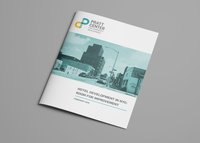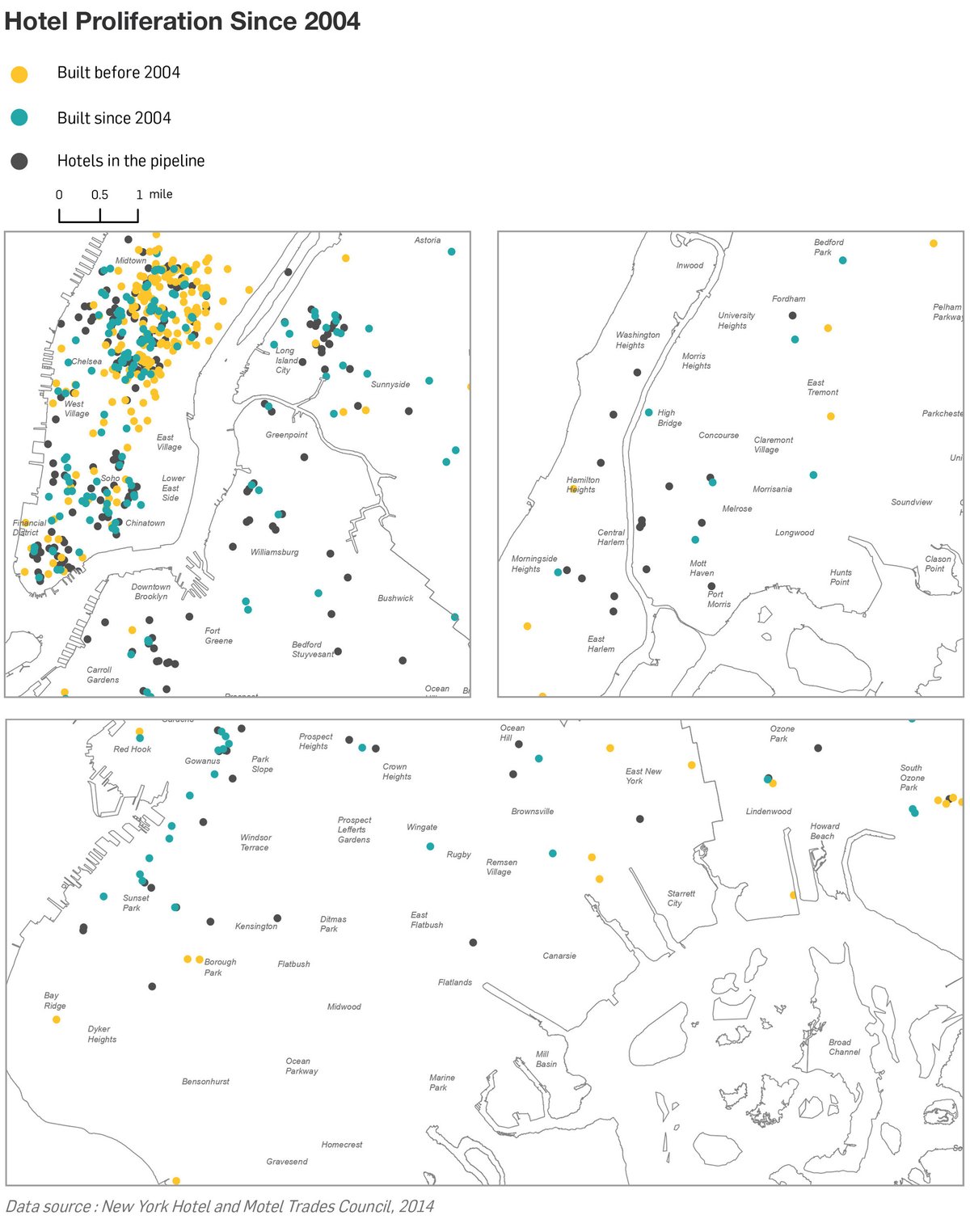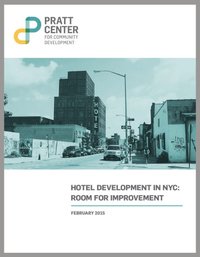
This policy brief considers the impact and implications that the recent proliferation of hotel development has had on neighborhoods and land use patterns in New York City. It calls for expanding the use of special permits to guide this development citywide.

From 2005-2015, visitors to New York City increased by over 40%, and hotel development mirrored this trend: 180 hotels were built between 2004 and 2013. Once confined to Manhattan’s business and tourist districts, new hotels are being built in every borough in unlikely sites, including industrial and residential neighborhoods.
Our research found that hotel proliferation is occurring because of their relative profitability compared to other land uses, and because of permissible zoning and land use regulations that allow them to be built as-of-right in many neighborhoods across the city. Hotel development is changing the character of many neighborhoods while competing against other key land use priorities, from affordable housing to manufacturing and Class B and C office space required by many start-ups and high-tech entrepreneurs. The study recommends requiring developers to obtain a special permit for building a hotel in order to provide an opportunity for communities and elected officials to balance competing land uses, channel hotel development to where it is most appropriate, and negotiate for better quality hotel jobs that can benefit local residents.
